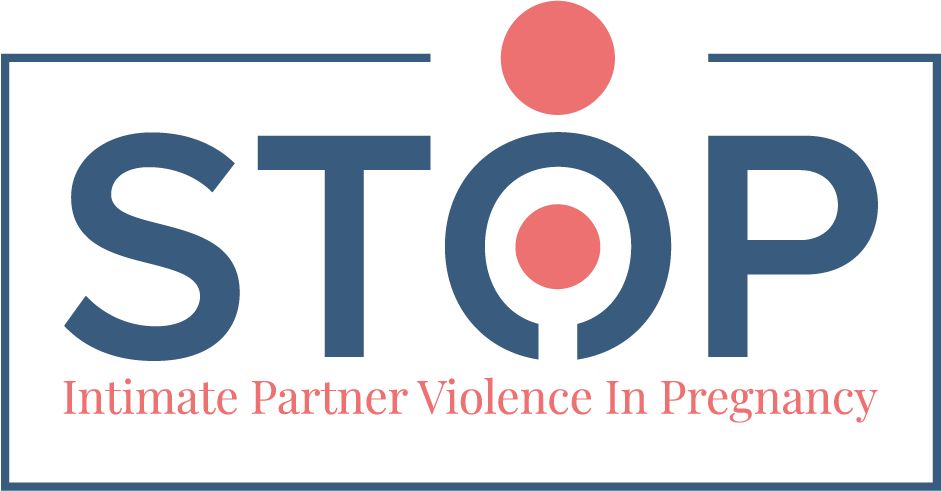Assessment of the STOP intervention – a MAST analysis
Multidisciplinary Assessment & Feasibility Study
This document presents an analysis of the STOP project according to the Model for Assessment of Telemedicine (MAST). It provides a multidisciplinary assessment that summarizes and evaluates the result of the STOP project. A total of 16,068 women underwent IPV screening and 1195/14013 (8.5%) and 350/2055 (17%) screened positive in Denmark and Spain, respectively. Women who were identified as being exposed to IPV were offered the STOP intervention which comprised a safety planning app and video consultations. Out of 485 eligible women, 104 accepted the offer and 56 completed the scheduled counselling sessions. The STOP intervention significantly increased the women’s empowerment as well as decreased both physical violence, non-physical violence, and post-partum depression. Qualitative interviews were conducted among 29 who had received the STOP intervention. In general, the women found the video counselling both highly acceptable and feasible, whilst the safety app was acceptable but not feasible. The video counselling was considered helpful, and supportive. Further, the women found the digital solution offered flexibility in regards of scheduling the counselling sessions as well providing comfortable surroundings compared to face-to-face counselling. Also, the women found that the set-up of the safety planning app and the monthly meetings where appropriate in guaranteeing the women’s safety. The economic and organizational assessment revealed that the STOP intervention can be implemented in routine antenatal care at a modest cost. Considering the results obtained from the STOP project, we recommend that pregnant women are routinely screened for IPV as part of antenatal care, and those who screen positive for IPV are offered video counselling with trained counsellors.
Find the deliverable here: STOP D4.6 Assessment of the STOP intervention – a MAST analysis
Strenghts and limitations of the pilot RCT
Multidisciplinary Assessment & Feasibility Study
This document describes a summary of the results of a pilot randomised controlled trial (RCT)
conducted in Denmark and Spain and its strengths and limitations (deliverable D5.3. describes in
more detail the results of the pilot RCT). It also contains propositions for future study designs
based on a review of the relevant literature as the pilot RCT demonstrated that a future full-scale
randomised study was unfeasible. In our pilot study, a subset of women from the STOP cohort
study who screened positive for IPV during their first antenatal visit were invited to participate in
pilot randomised controlled trial of psychological counselling by video conference. The objective
was to randomise a total number of 20 participants to either the intervention or the control
group. The intervention group received the e-health package (six video counselling sessions
combined with the use of a safety planning app), while the control group would receive the same
intervention yet with a delay of 8 weeks permitting collection of control outcome data. This
document will interpret the pilot findings and the existing literature to come up with possible
solutions to address the difficulties in the feasibility of a future full-scale randomised study
observed in the pilot study.
Ethical Approval
Multidisciplinary Assessment & Feasibility Study
The ethical approval applications have been submitted to the local Ethics Committees at the Danish and Spanish sites, respectively. The descriptions provide information on the background of the project, its aims, methodology with sub-studies, needs assessment, anticipated risks, access to patient information, informed consent, impact, funding, the ethics, safety and security of the project, the members of the research team, and relevant references. At the Spanish site, ethical approval has been received for the screening solution while approval for the video counseling solution is still pending. At the Danish site, the screening solution has been implemented throughout the region and thus no ethical approval is needed, and the ethics committee determined that approval was unnecessary for the video counseling intervention.
As the deliverable is confidential, it has not been made available here.
STOP Data Collection
Multidisciplinary Assessment & Feasibility Study
As part of the STOP, a report has been prepared to present the data collection across the two sites.
The report provides an overview of the data collection in the context of WP4. Here, you will find an overview of the study population followed by a description of the STOP interventions and training of midwives and psychologist for the data collection. Furthermore, it provides a description of the qualitative data collection, the management of the data and monitoring of the intervention, and ethical considerations in relation to the data collection.
